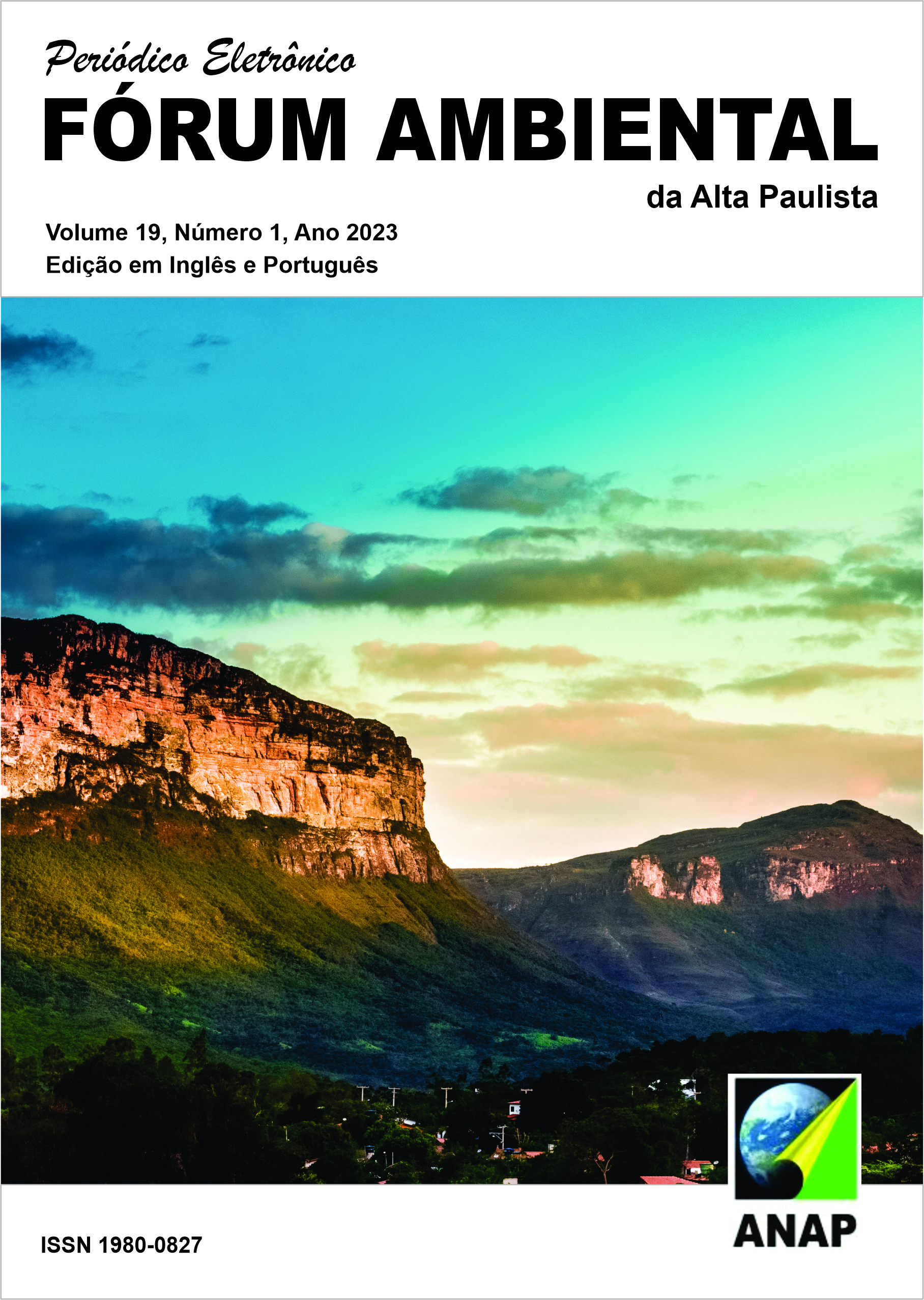Nature-Based Solutions in integrated drainage and climate change mitigation projects in the city of São Paulo (Brazil)
DOI:
https://doi.org/10.17271/1980082719120233510Palavras-chave:
Nature-Based Solutions. Urban Drainage. Climate Changes.Resumo
The results of the floods in the city of São Paulo cause serious problems to society that tend to be aggravated by the effects of climate change. Thus, the design of urban drainage works plays a central role in mitigating these problems. Gray infrastructure is the traditional drainage mechanism usually employed. Nature-Based Solutions are alternatives to traditional solutions that value green and blue infrastructure in cities. This research aims to discuss the synergy between the proposition of Nature-Based Solutions as planning actions to face floods and actions to face climate change adopted by the city of São Paulo. In order to do so, a documentary analysis of the Drainage Guidelines and the Climate Action Plan, technical documents that address the planning of urban drainage in São Paulo, was carried out. It was found that the insertion of NbS associated with the traditional projects of the Drainage Guidelines can contribute to achieving the goals proposed by Planclima-SP, as well as bringing multifunctional benefits, generating resilience and sustainability with regard to urban water management.
Downloads
Referências
Publicado
Edição
Seção
Licença

Este trabalho está licenciado sob uma licença Creative Commons Attribution-NonCommercial-ShareAlike 4.0 International License.













